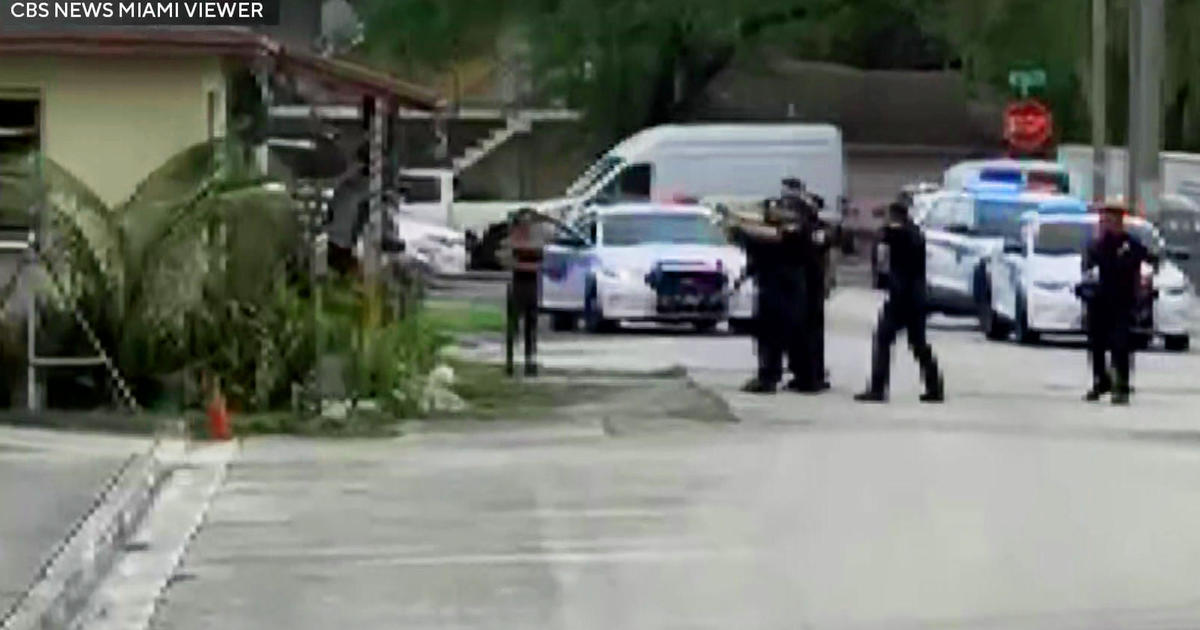
MIAMI – A week after Miami police officers shot a man in the middle of a mental health crisis, community leaders and neighbors are rallying for change.
Miami police said on March 7th, just after 2 p.m., officers were sent to 5703 NW 7th Court after they received a report about a man possibly high on drugs who was acting erratically.
When officers arrived, they encountered Donald Armstrong, who police say was acting aggressively.
In a video obtained from witnesses, you see Armstrong has a sharp object in his hand and you hear police using their stun guns on him twice. On the video, as this was happening, Armstrong’s mother can be heard pleading with officers not to kill her son.
Approximately 10 gunshots can then be heard. Witnesses describe the moments they heard the gunfire.
“They tased him twice. I guess that’s not what they wanted. They didn’t see the reaction they wanted so maybe like 10 to 15 seconds later the squad of police began to fire,” said Preston Baldwin, a witness.
Miami police said this was the best option for everyone’s safety as he was not listening to orders.
Armstrong, who was shot seven times, was taken to Jackson Memorial Hospital where he is in critical condition.
Following the shooting, Miami Chief of Police Manuel Morales issued a statement. In it, he said the shooting impacted our entire community and “Transparency and accountability to our community will always remain our goal.”
Morales said the Florida Department of Law Enforcement is investigating the shooting and they are also conducting an internal investigation.
“I pledge to ensure that our department does better in addressing calls involving mental and behavioral issues. I am asking all of us to pray for Mr. Armstrong and his family during this difficult time,” he said.
The Healing and Justice Center, a coalition of community activists made up of groups like the Circle of Brotherhood and Dream Defenders, said this case is proof that police are not trained to respond to mental health crises.
“Police are socialized to see every call as a potential threat. When they are called to the scene, they treat it as law enforcement officials, not as mental health experts,” said Rachel Gilmer, Director of the Healing and Justice Center in a statement. “We started our mobile crisis unit so that when residents of Miami-Dade County are in crisis, they can call for help and receive the support they need, without having to worry if their loved ones would be killed.”
Since the shooting, The Healing and Justice Center said they’ve been doing wellness checks in the neighborhood and listening to the concerns of the residents.
They’re demanding policy changes when it comes to police involved crisis intervention.
The group will hold a news conference in Armstrong’s neighborhood on Thursday morning where they will call for the support of a non-police, crisis response team.
